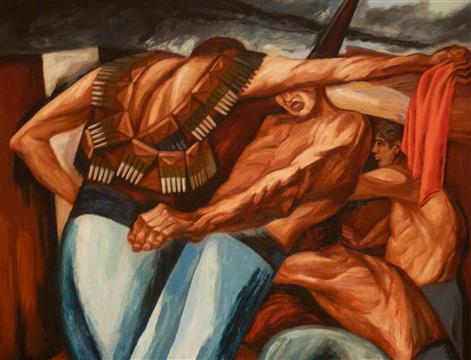
This article was originally published by E-International Relations (E-IR) on 26 April 2017.
This is an excerpt from Migration and the Ukraine Crisis: A Two-Country Perspective – an E-IR Edited Collection.
This chapter looks at how Russian society reacted to the conflict in and with Ukraine. The active phase of the conflict began in March 2014 with the annexation of Crimea and continued with Moscow’s support for the separatist movements in the Donbas region of Eastern Ukraine. The main object of interest here is popular views of the conflict and its context, and in particular the way these views are conditioned by nationalism and the national identity discourse. At the same time, as I show in the first section, it is hardly possible to consider ‘public opinion’ as ontologically separate from the public debate waged mainly by the elites, as well as from the state’s policies and the way they are legitimated. The issue is not just that public opinion is influenced by the state propaganda, but that both are part of the same broader discursive domain where meaning is constructed and reproduced.
Accordingly, this chapter starts with an analysis of Russian public opinion on the conflict and its relationship to the official propaganda. I then go on to discuss how the attitudes to Ukraine and the wider assessment of Russian foreign policy in recent years are related to the complex ways in which the Russian nation is defined and how the concept of the ‘Russian world’ plays into the picture. The final section focuses on the broader context of what Russians see as Western expansionism and how they justify Russia’s conduct in terms of the need to defend the country’s sovereignty and moral integrity against Western subversion. It is not my ambition in this chapter to present any original analysis of primary sources; rather, I see my task as summing up the findings of the existing studies (including my own) and highlighting the key issues that have come up in the scholarly debate so far.
